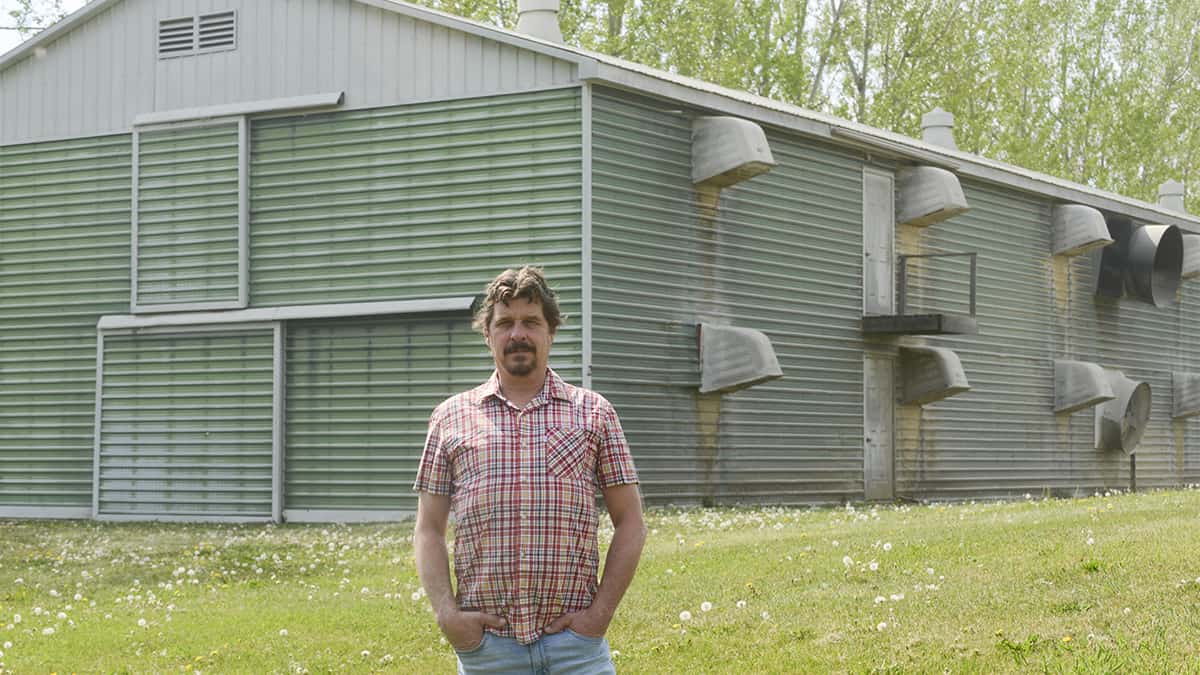;
;
;
Next Article
EDSS students busy sprucing up the school grounds

With the growing season underway and having just marked Local Food Week, farmers are keen to point out the important role the agri-food industry plays in the area. “We tend to think of Waterloo Region as being a tech powerhouse, which we are one of the most innovative communities in North America, b
Last updated on May 03, 23
Posted on Jun 16, 22
2 min read
